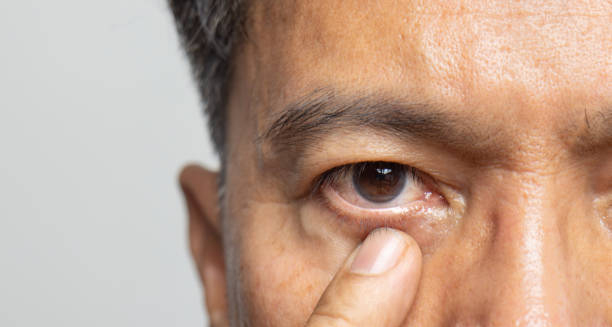Complications and Recovery from Detached Retina
Complications and recovery from detached retina vary depending on the extent of the detachment, the timing of treatment, and the surgical method used. While most people regain useful vision, a detached retina can lead to long-term issues, especially if treatment is delayed. Understanding the possible outcomes helps manage expectations and supports better aftercare.
Common Post-Surgical Complications
Re-detachment:
The retina may detach again, especially if new tears form
Additional surgery may be needed to secure the retina
Cataracts:
Especially common after vitrectomy
May develop within months of surgery and require cataract removal
Increased Eye Pressure (Glaucoma):
Gas bubbles or silicone oil may raise intraocular pressure
Requires medication or surgical management
Macular Pucker or Epiretinal Membrane:
Scar tissue can form on the retina’s surface, causing distortion and blurred vision
Infection (Endophthalmitis):
Rare but serious complication
Presents with pain, redness, and worsening vision
Visual Recovery Timeline
Visual improvement typically begins a few weeks post-surgery
Full recovery may take up to six months
Some vision loss may be permanent, especially if the macula was involved
Long-Term Outlook on Complications and Recovery from Detached Retina
Many patients regain functional vision, though some may experience:
Slight distortion
Reduced colour sensitivity
Night vision difficulties
Post-Surgical Care
Eye drops are prescribed to reduce inflammation and prevent infection
Patients may be instructed to avoid heavy lifting or strenuous activity
Specific head positioning is crucial after gas bubble procedures
Preventing Recurrence
Regular eye exams, especially for high-risk individuals
Prompt attention to new symptoms such as flashes or floaters
Wearing protective eyewear during sports or hazardous activities
Emotional and Lifestyle Impact
Sudden vision loss can affect independence and mental wellbeing
Support from low-vision specialists, counsellors, or peer groups can be beneficial
In conclusion, complications and recovery from detached retina underscore the importance of early detection and careful follow-up. With expert care, most patients achieve stable vision and can return to normal daily activities.


